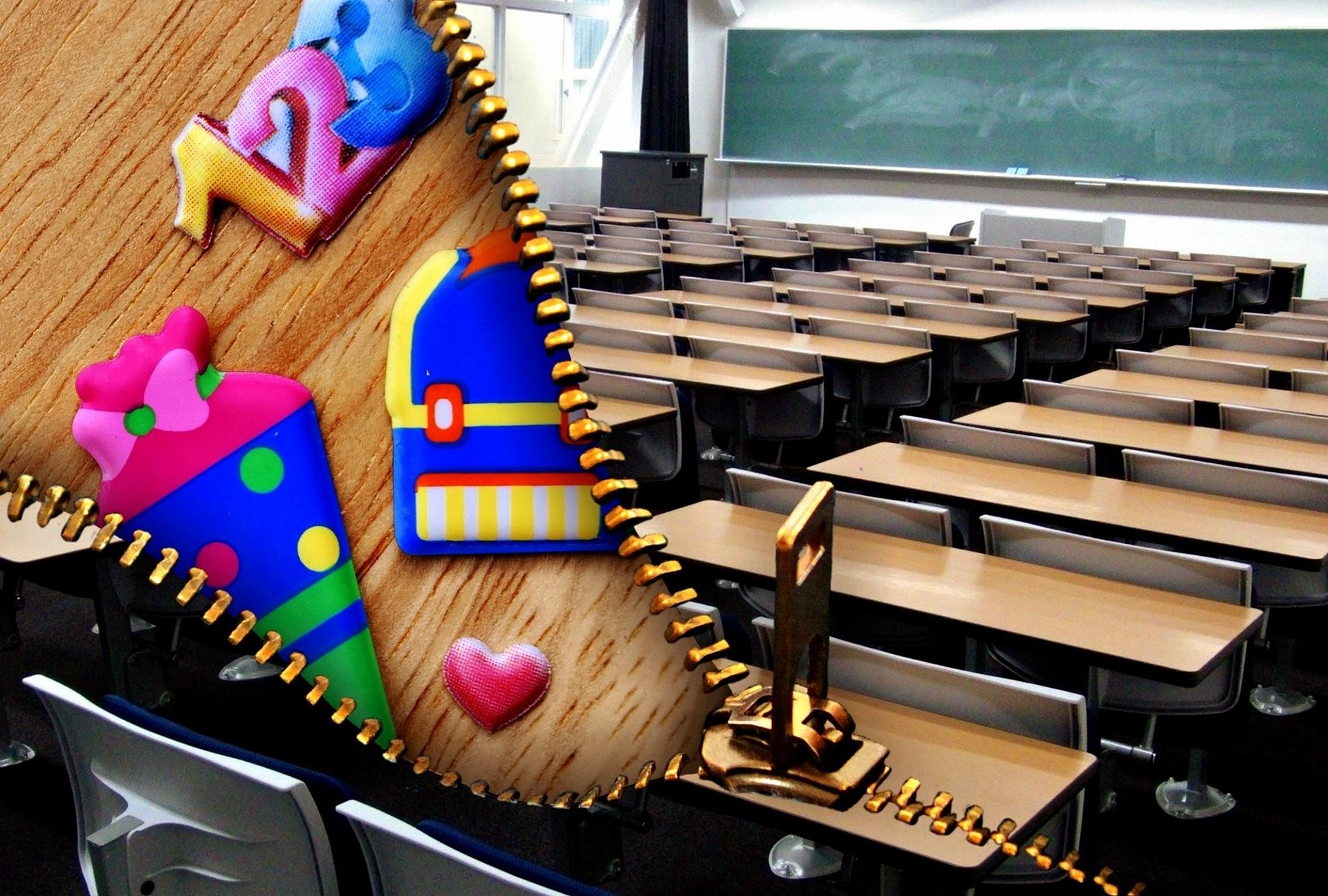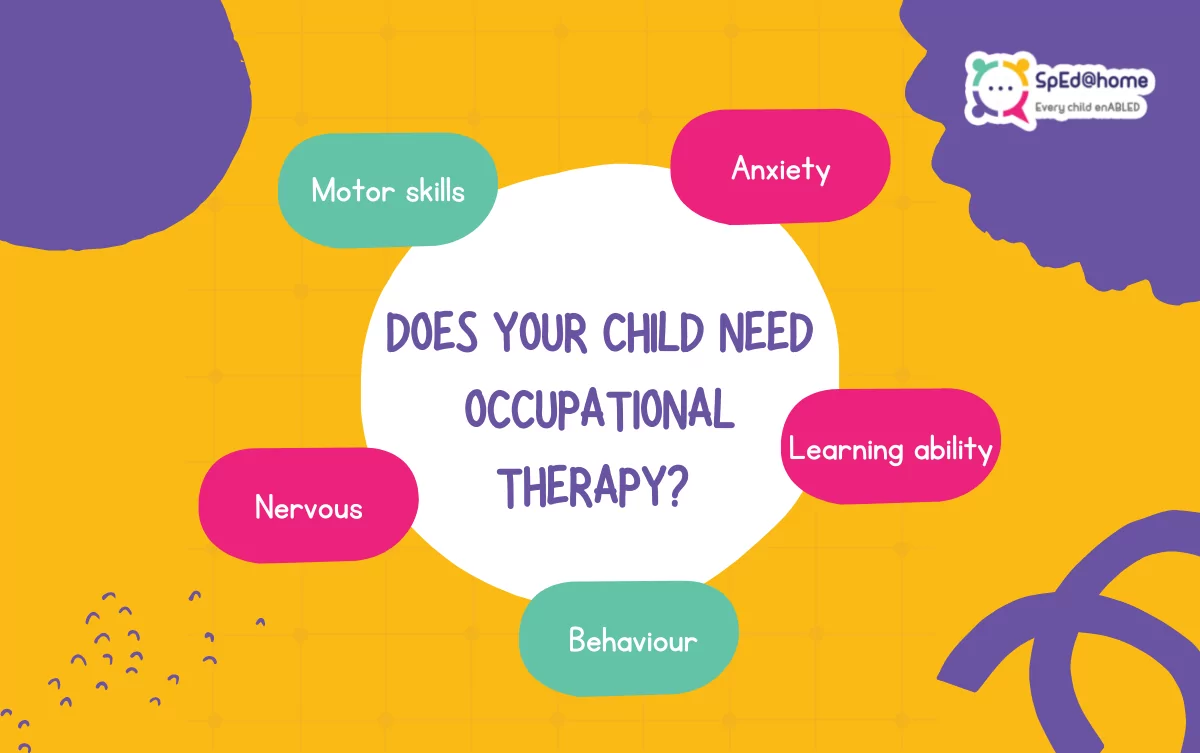Comprehensive special education assessment for children
A comprehensive special education assessment for children is a crucial first step in understanding a child’s unique learning needs and challenges. Every child learns differently, and some require additional support to thrive academically, socially, and emotionally. By conducting a thorough assessment, parents, educators, and specialists can create a clear picture of a child’s strengths and areas of need, enabling tailored interventions that maximize potential.
What Is a Comprehensive Special Education Assessment?
A comprehensive special education assessment evaluates multiple domains of a child’s development, including cognitive abilities, academic skills, communication, social-emotional development, behavior, and motor or sensory functioning. It is conducted by qualified professionals such as psychologists, special educators, speech-language pathologists, and occupational therapists.
Unlike a basic screening, a comprehensive assessment is detailed and multi-dimensional. It combines standardized testing, observations, and interviews with parents and teachers to ensure all aspects of a child’s learning profile are considered.
Why Comprehensive Assessment Matters
Early identification of learning difficulties or developmental delays can dramatically improve a child’s educational outcomes. A comprehensive assessment ensures that children receive the right support at the right time. It helps to:
- Identify learning disabilities, developmental delays, or neurodiverse traits
- Understand cognitive strengths and weaknesses
- Determine appropriate interventions and accommodations
- Support the creation of an Individualized Education Plan (IEP)
- Reduce frustration and build confidence in academic and social environments
Key Areas Covered
A thorough assessment often includes:
- Cognitive and intellectual abilities: Memory, problem-solving, attention, and reasoning
- Academic performance: Reading, writing, mathematics, and comprehension
- Speech and language: Understanding and expressive communication skills
- Behavior and emotional development: Social interactions, coping strategies, and emotional regulation
- Motor and sensory skills: Coordination, fine motor skills, and sensory processing
The Assessment Process
- Parent and Teacher Interviews: Understanding the child’s daily functioning and learning behaviors
- Standardized Tests: Objective measures of cognitive, academic, and behavioral functioning
- Observations: Real-world evaluation in home or school settings
- Integrated Analysis: Compiling results across all domains
- Recommendations: Detailed guidance for interventions, therapy, and educational planning
Benefits of a Comprehensive Assessment
- Tailored learning plans addressing the child’s unique needs
- Early intervention for better academic and social outcomes
- Support for parents and teachers through actionable strategies
- Increased confidence and engagement in learning activities
Final Thoughts
A comprehensive special education assessment for children is more than an evaluation—it is a roadmap for empowering children to reach their full potential. By identifying strengths and challenges early, families and schools can implement targeted strategies that improve academic performance, emotional well-being, and overall quality of life.


